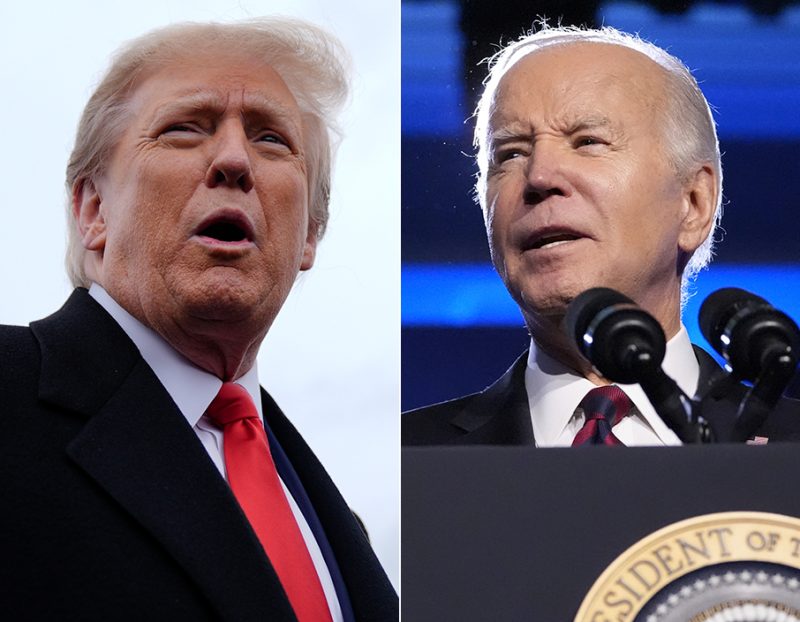Body:
As the United States looks to address climate change and reduce its dependence on fossil fuels, the topic of electric vehicles (EVs) has taken center stage. With the 2020 presidential election quickly approaching, both candidates, Joe Biden and Donald Trump, have presented their visions for the future of electric vehicles. Furthermore, concerns over China’s dominance in the EV market have also been raised. In this article, we will delve into the stances of Biden and Trump on electric vehicles, while examining the potential threat posed by China.
Biden’s approach to electric vehicles focuses on promoting sustainability and reducing greenhouse gas emissions. His campaign has proposed a significant investment in charging infrastructure, aiming to deploy 500,000 charging stations nationwide. Biden also plans to replace the entire federal fleet of vehicles with electric ones, which would be a massive support for the EV industry. Furthermore, he proposes to bring back and expand the federal tax credit for electric vehicles, making them more affordable for consumers. Biden’s plan reflects a comprehensive approach to promoting the adoption of electric vehicles and supporting the domestic EV industry.
On the other hand, Trump’s approach to electric vehicles has been more contentious. While he has shown some support for the industry, his administration has rolled back fuel efficiency standards and attempted to eliminate the federal tax credit for electric vehicles. This stance has raised concerns about his commitment to promoting clean transportation and reducing emissions. However, it is worth noting that the Trump administration has also supported the development of advanced battery technology, which is a critical component of electric vehicles. Despite the mixed signals, Trump’s approach still presents challenges in terms of driving widespread adoption of EVs.
Turning our attention to China, the world’s largest automotive market, their dominance in the electric vehicle industry cannot be ignored. Chinese EV manufacturers, such as BYD, NIO, and Xpeng, have garnered significant attention and are making strides in the global market. Additionally, Chinese companies produce a substantial portion of the world’s electric vehicle batteries. This has raised concerns about the country’s influence and potential threats to US manufacturers.
Both Biden and Trump recognize the risks of China’s dominance in the electric vehicle sector. Biden aims to restore America’s global leadership in clean energy manufacturing by investing heavily in research and development. He plans to work with allies to impose trade barriers on countries that violate environmental and labor standards, which could include China. Trump, on the other hand, has taken a more confrontational approach to China on multiple fronts, including trade. His administration has imposed tariffs on Chinese imports, including electric vehicles, in an effort to protect American manufacturers.
In summary, the stances of Biden and Trump on electric vehicles have significant differences. Biden aims to drive the adoption of EVs through substantial investments, supporting infrastructure development, and reviving tax incentives. Trump’s approach, while more mixed, has shown some support for the EV industry but also includes policies that hinder its growth. Additionally, both candidates recognize China’s dominance in the electric vehicle industry as a potential threat and have proposed different strategies to address it. As the election approaches, understanding these positions is crucial in assessing the future of electric vehicles in the United States.
Note: This article is based on information available at the provided reference link and is not meant to be an endorsement or critique of any political candidate or policy.
